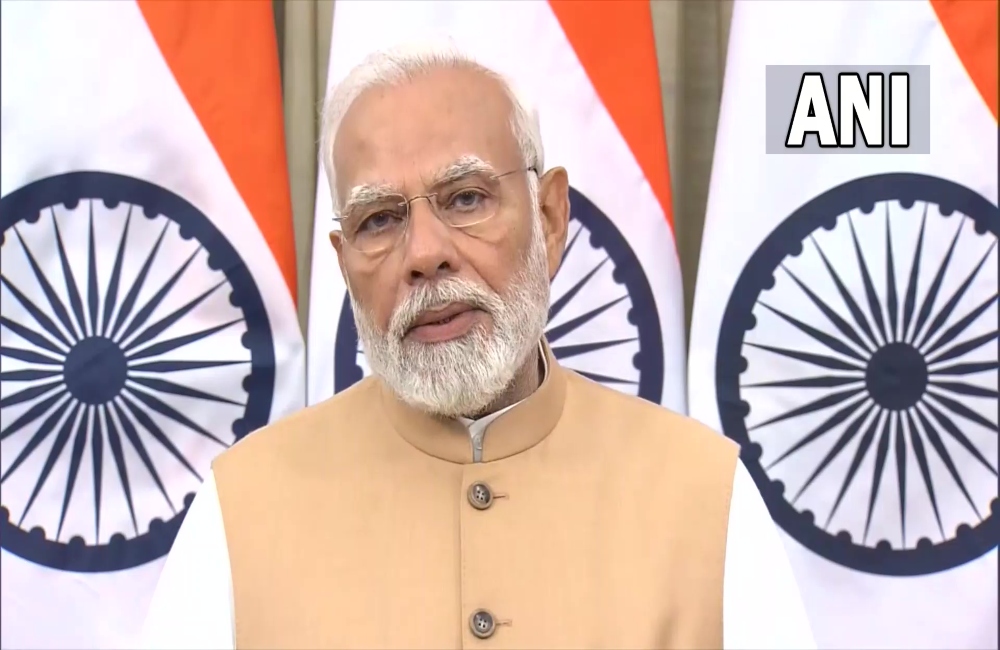Prime Minister Narendra Modi on Thursday said that it should be acknowledged that it is a time of “deep global divisions” and that “multilateralism is in crisis” as he addressed the opening meeting of the Foreign Ministers of G20 in New Delhi.
In his recorded video message the Prime Minister said that the G20 has the capacity to build consensus and deliver concrete results. He also stated that several developing countries are “struggling with unsustainable debt” while attempting to ensure their citizens’ food and energy security.
“The world looks upon the G20 to ease the challenges of growth, development, economic resilience, disaster resilience, financial stability, transnational crime, corruption, terrorism, and food and energy security,” said PM Modi. He stated that India’s G20 presidency attempted to give the Global South a voice.
“After years of progress, we are at risk today of moving back on the Sustainable Development Goals. Many developing countries are struggling with unsustainable debt while trying to ensure food and energy security for their people. They are also the ones most affected by global warming caused by richer countries. This is why India’s G20 Presidency tried to give a voice to the Global South. No group can claim global leadership without listening to those most affected by its decisions,” said the prime minister.
Recognizing that multilateralism is in crisis in the world today, the Prime Minister highlighted the two main functions that were supposed to be served by the post-World War II architecture of global governance that has failed.
“The architecture of global governance, created after the Second World War, was meant to serve two functions. First, to prevent future wars by balancing competing interests. Second, to foster international cooperation on issues of common interest. The experience of the last few years – Financial crisis, climate change, pandemic, terrorism, and wars – clearly shows that global governance has failed in both its mandate,” said PM Modi.
He emphasized that resolutions for issues that cannot be addressed together should not obstruct those that can. Underlining that the meeting is taking place in the land of Gandhi and the Buddha, PM Modi urged the delegates to be inspired by India’s civilizational ethos of focusing on what unites us all rather than what divides us.
The Prime Minister noted how global supply chains have broken down during times of stress and turmoil, shedding light on the thousands of lives lost in natural disasters and the disastrous pandemic that the world faced. Notably, the G20 FMM began with a minute of silence for the victims of Turkey’s earthquake.
Observing that stable economies had been suddenly overrun by debt and financial crises, the Prime Minister emphasized the importance of resilience in our societies, economies, healthcare systems, and infrastructure.
“The G20 has a critical role to play in finding the right balance between growth and efficiency on one hand and resilience on the other,” the Prime Minister remarked.
He suggested that by working together, this balance can be achieved more easily. In conclusion, the Prime Minister expressed confidence in the collective wisdom and ability and expressed hope that today’s meeting would be ambitious, inclusive, and action-oriented, with resolutions made while rising above differences.
The theme of India’s G20 presidency, ‘One Earth, One Family, One Future,’ signals the importance of unity of purpose and unity of action.






















